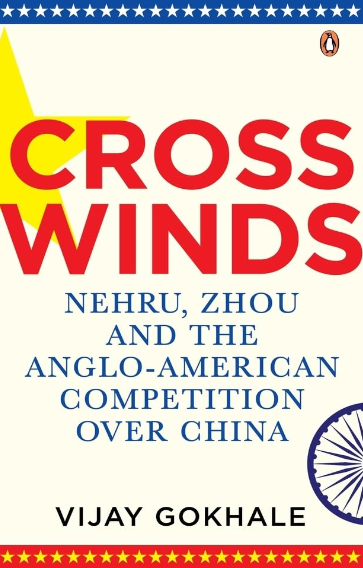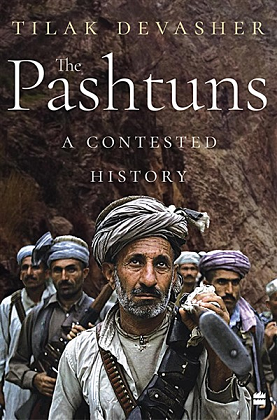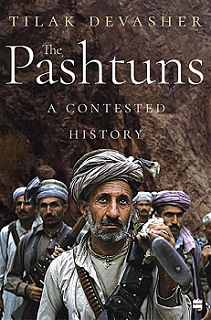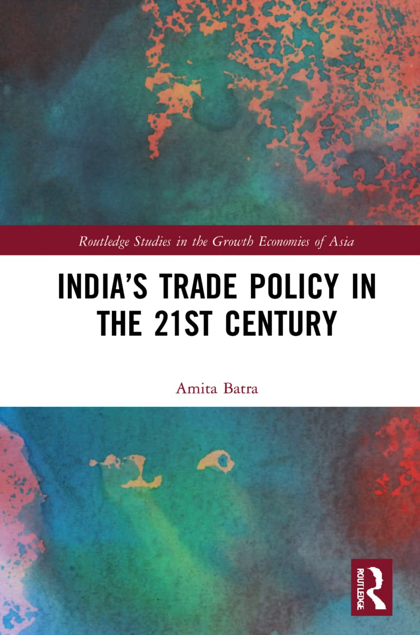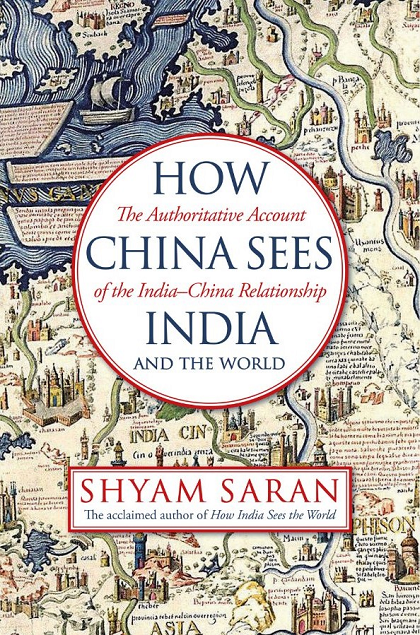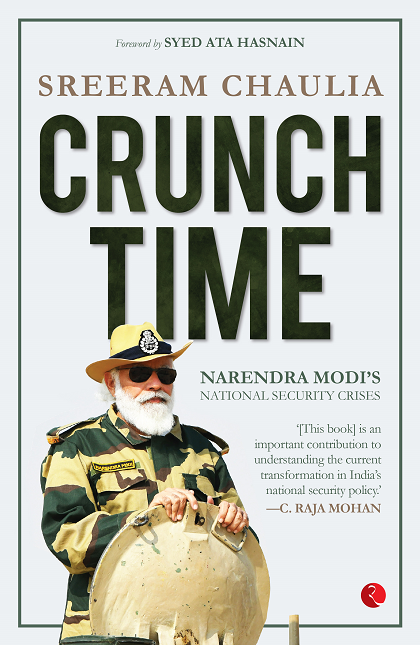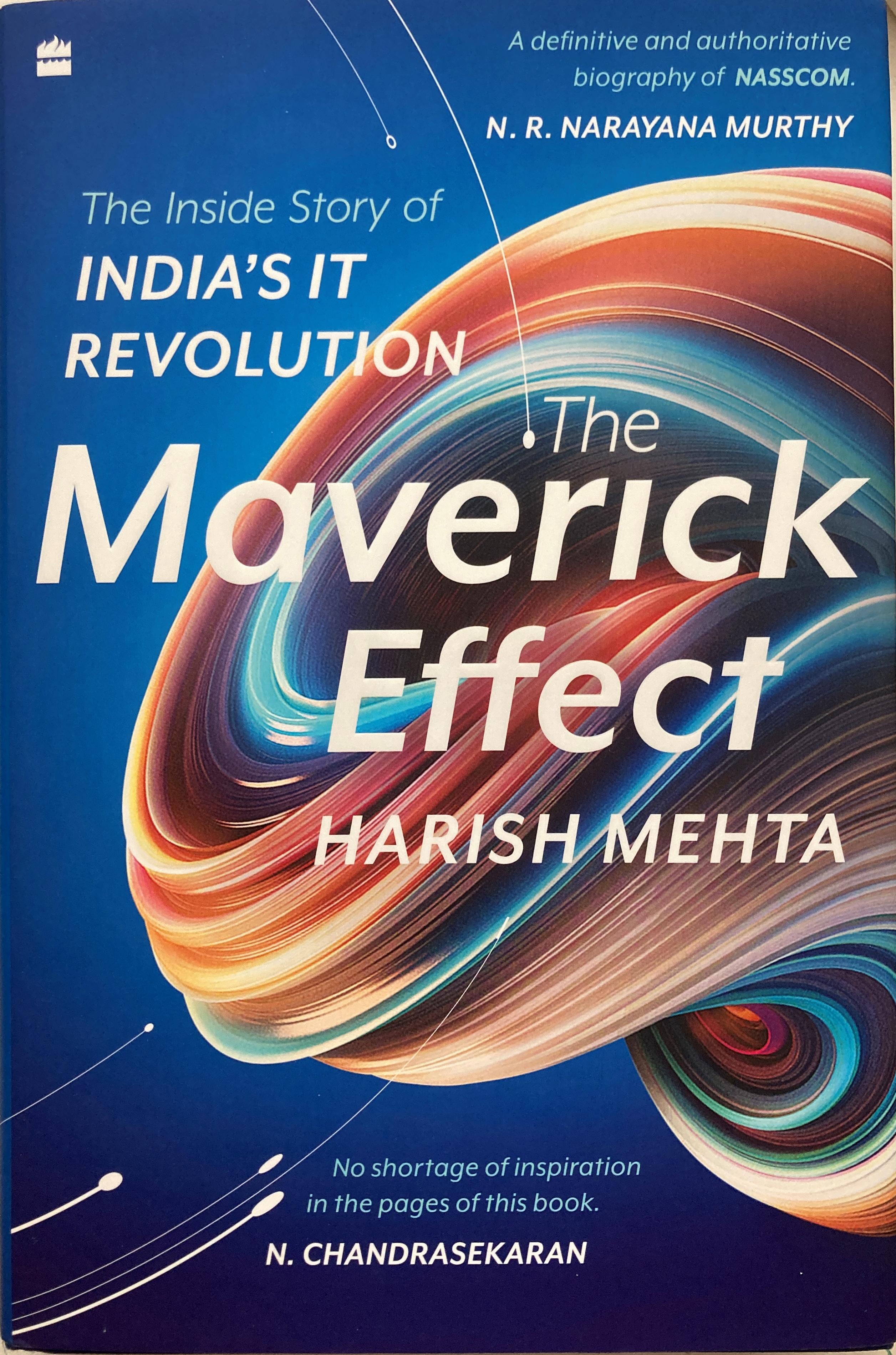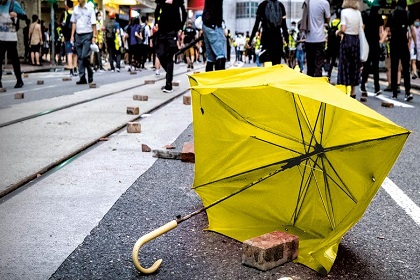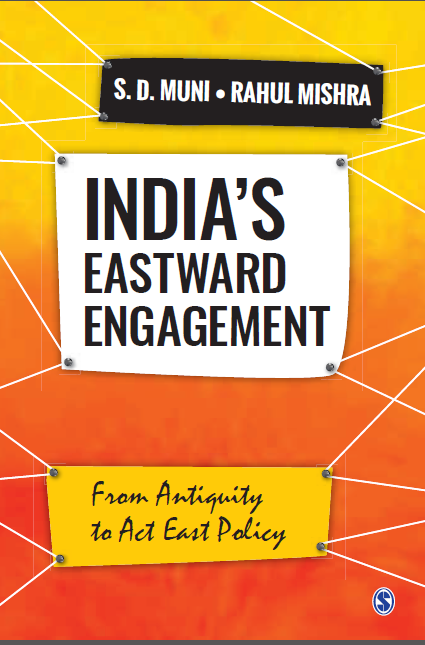Crosswinds: Nehru, Zhou and the Anglo-American Competition over China
In his new book, former Indian Foreign Secretary and Ambassador to China, Vijay Gokhale analyzes how newly independent India navigated Anglo-American competition and the Cold War ideologies of China in the 1940s and 1950s. The author focuses on key events from the recognition of the Peoples’ Republic of China to the two Taiwan Straits crises. His insights of the period resonate with today's U.S.-China rivalry, and highlights India's evolving role in the Indo-Pacific.

